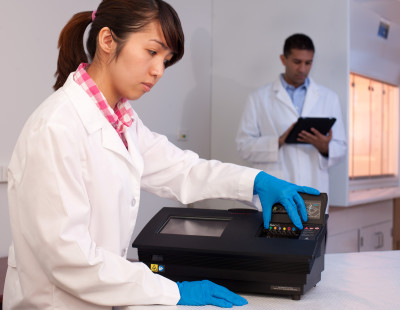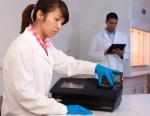As Americans seek to make healthier choices, seafood is becoming more popular than ever before. In fact, U.S. consumers eat 50% more seafood now than they did 50 years ago and spend $80 billion annually on creatures from the sea, according to Oceana. Coupled with the increasing popularity is the growing problem of seafood fraud and mislabeled imports. Oceana’s study in 2013 performed DNA testing on seafood samples taken around the United States and found that nearly 33% of those samples were mislabeled.
FDA has made a significant investment in DNA sequencing to improve its ability to detect misrepresented seafood species in interstate commerce and from other countries. “The Agency has trained and equipped eight field laboratories across the country to perform DNA testing as a matter of course for suspected cases of misbranding and for illness outbreaks due to finfish seafood, where the product’s identity needs to be confirmed,” stated Steven M. Solomon, deputy associate commissioner for regulatory affairs at FDA, before the U.S. Senate’s Committee on Small Business and Entrepreneurship in May. “FDA also trained analysts from the U.S. Customs and Border Protection (CBP) and the National Marine Fisheries Service in its new DNA-based species identification methodology.”
With some of the most common seafood choices including white fish varieties like tilapia and catfish, DNA-based testing plays a critical role in detecting mislabeling of species. If you’re a knowledge seafood person and you get a whole fish, there’s a high likelihood you can identify it correctly,” says Steven Guterman, CEO of InstantLabs. “However, once that fish has been filleted—let’s call it a white fish—it’s almost impossible for anyone to visually correctly identify that fish. That’s where the DNA testing comes into play.”

InstantLabs offers a series of DNA-based seafood tests for species identification. Last week the company announced a partnership with FDA to co-develop and commercialize a new Ictalurid catfish species identification test that enables much faster sequencing of samples and at a lower cost. “I think everyone is recognizing that the current method industry uses for validation, which is to take a sample and send it out to a lab for sequencing, just takes too long,” says Guterman. There is a typical time lag of about one to two weeks from taking a sample to getting a result.
The Hunter System is a real-time PCR instrument that delivers results in a much shorter period of time. “Switching from a sequencing test to a PCR test where you’re looking for a specific target DNA and getting results on site in two hours, or in a laboratory within a day, changes the way the industry operates,” says Guterman. “It enables better enforcement, and government regulators and suppliers can do validation in a way that’s not disruptive to their normal course of business.”
FDA and InstantLabs began talking about the technology about a year ago, as both have worked closely with the University of Guelph, according to Guterman. FDA was looking for a company that would be able to commercialize a test kit for U.S. catfish, and the new partnership is part of a Cooperative Research and Development Agreement (CRADA) with the agency. U.S. Farm Bill legislation states that only members of the Ictaluridae family can be legally marketed as catfish within the United States.
The FDA-InstantLabs CRADA collaboration will help ensure the integrity of labeling related to U.S. catfish. The Pangasiidae species, which hails from Southeast Asia, has been increasingly mislabeled as U.S. catfish. This is not only a concern from a cost standpoint but also a safety perspective, as FDA has detected toxins in catfish that come from Asia.



